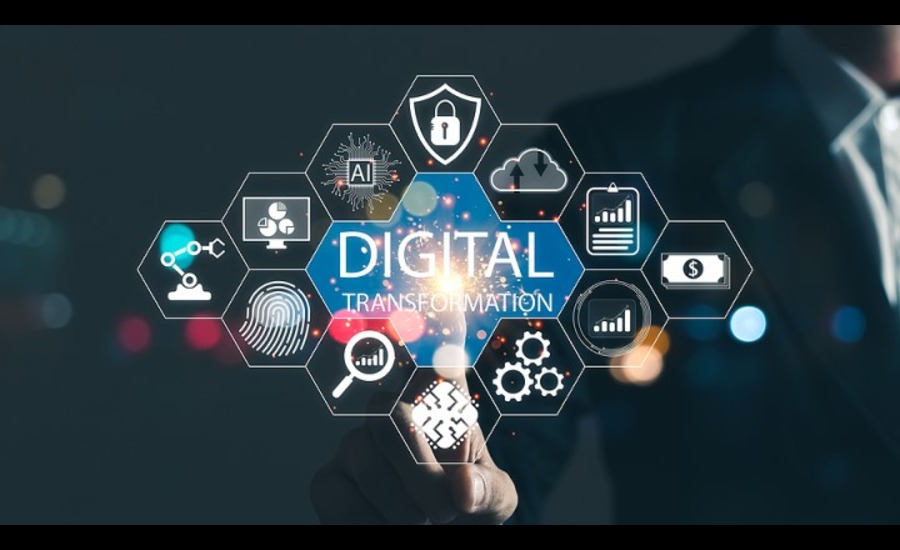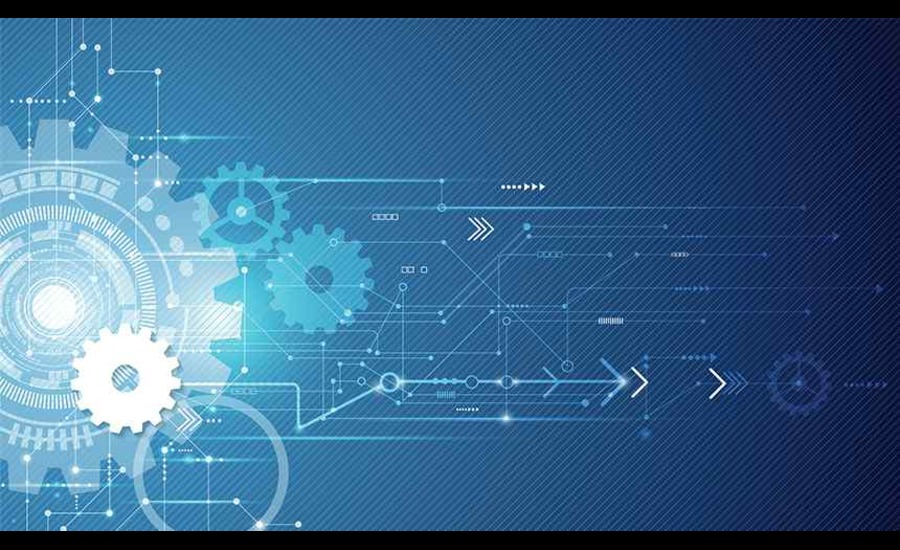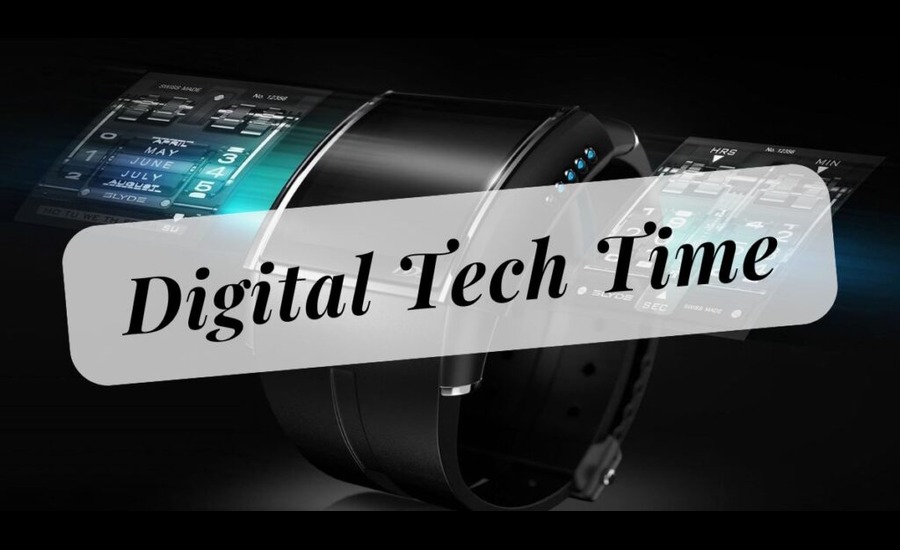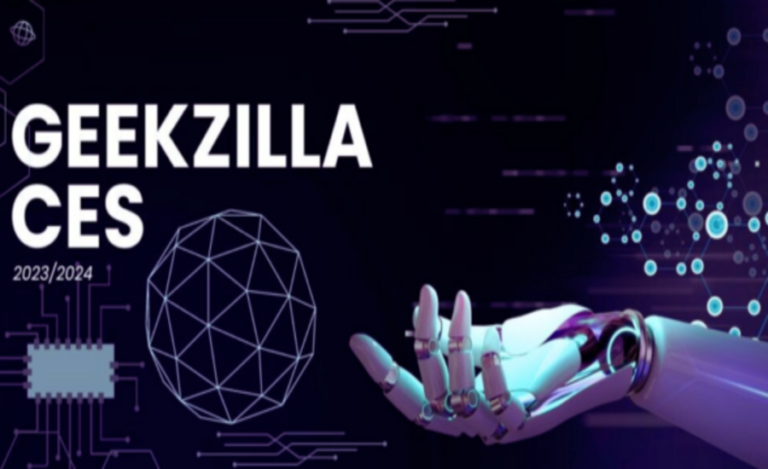Digital Tech Time: Exploring the Evolution, Impact, and Future of Technology
Technology has been an ever-evolving force, shaping every facet of modern life. From the early days of mechanical inventions to the current era of Digital Tech Time dominance, technological advancements have consistently transformed societies and economies. This article delves into the evolution of technology, its impact on various aspects of our lives, and the potential future trends that might redefine our world. We will explore how technology has developed over the decades, its influence on different sectors, and the emerging innovations that could shape the future.
The Evolution of Technology: A Historical Perspective
Technology’s journey began with the simplest tools and devices, evolving through centuries of human ingenuity. The timeline of technological advancement is marked by pivotal moments that have redefined human capabilities and societal structures.
Early Innovations and Industrial Revolution
In the early stages of human history, technology consisted of basic tools and manual processes. The invention of the wheel and early metallurgy were significant milestones that laid the groundwork for future innovations. As civilizations advanced, so did their technology, leading to the development of complex machines and industrial processes.
The Industrial Revolution, spanning the late 18th to the early 19th centuries, was a transformative period. It marked the transition from agrarian societies to industrial powerhouses, driven by technological advancements such as the steam engine, mechanized textile production, and innovations in transportation like railways and steamships. These developments not only boosted productivity but also altered the socio-economic landscape, fostering urbanization and changing labor dynamics.

The Information Age and Digital Tech Time Revolution
The latter half of the 20th century witnessed the rise of the Information Age, characterized by rapid advancements in computing and telecommunications. The invention of the computer, followed by the development of the internet, revolutionized the way information is processed, stored, and shared. Early computers, once massive and expensive, became more accessible and compact, leading to the proliferation of personal computing.
The Digital Tech Time revolution brought forth innovations like the microprocessor, which enabled the creation of powerful yet affordable computers. The internet, initially a tool for researchers, expanded into a global network, connecting people and businesses in unprecedented ways. The rise of the World Wide Web democratized information access, fostering an era of information abundance and transforming communication, commerce, and entertainment.
The Impact of Technology on Society
The pervasive influence of technology is evident in nearly every aspect of contemporary life. Its impact extends across various domains, reshaping how we live, work, and interact.
Transformations in Communication and Connectivity
One of the most profound impacts of technology has been on communication. The advent of the internet and mobile devices has revolutionized how people connect with one another. Social media platforms, instant messaging, and video conferencing have made it possible to maintain relationships across vast distances and share information in real-time.
The shift from traditional media to Digital Tech Time platforms has also transformed how information is consumed. News, entertainment, and educational content are now readily accessible online, catering to a global audience. This has led to a more interconnected world, where ideas and cultures can blend and influence each other more readily.
Economic and Business Innovations
Technology has significantly impacted the business landscape, driving efficiency and creating new opportunities. Automation and digital tools have streamlined processes, enhancing productivity in various sectors, from manufacturing to finance. E-commerce platforms have redefined retail, allowing businesses to reach global markets and consumers to shop from the comfort of their homes.
The rise of startups and tech giants has reshaped economic structures, with technology companies becoming some of the most influential players in the global market. Innovations like artificial intelligence (AI) and machine learning are driving new business models and disrupting traditional industries, creating both opportunities and challenges for businesses and workers alike.
Healthcare and Quality of Life
In the healthcare sector, technology has led to significant advancements in diagnosis, treatment, and patient care. Medical imaging, telemedicine, and electronic health records have improved the accuracy and efficiency of healthcare services. Wearable devices and health apps enable individuals to monitor their health and wellness, contributing to preventive care and healthier lifestyles.
Technology’s impact on quality of life extends beyond healthcare. Smart home devices, such as automated lighting and climate control systems, enhance convenience and energy efficiency. Assistive technologies improve accessibility for individuals with disabilities, promoting greater independence and integration into society.
Emerging Technologies Shaping the Future
As technology continues to advance, new innovations are poised to shape the future. These emerging technologies promise to redefine various aspects of life and work, driving further digital transformation.
Artificial Intelligence and Machine Learning
Artificial Intelligence (AI) and machine learning are at the forefront of technological innovation. AI systems are capable of performing tasks that typically require human intelligence, such as natural language processing, image recognition, and decision-making. Machine learning algorithms enable AI systems to learn from data and improve their performance over time.
The applications of AI and machine learning are vast, ranging from autonomous vehicles and smart assistants to advanced data analytics and personalized medicine. These technologies hold the potential to revolutionize industries, enhance productivity, and address complex challenges, such as climate change and disease prevention.
Quantum Computing
Quantum computing represents a significant leap in computational power. Unlike classical computers, which use bits to process information, quantum computers use quantum bits or qubits. This allows them to perform complex calculations at unprecedented speeds, solving problems that are currently intractable for classical systems.
The potential applications of quantum computing include advancements in cryptography, optimization, and drug discovery. As research and development in this field progress, quantum computing could bring about breakthroughs that transform scientific research and technological capabilities.
Blockchain and Decentralized Technologies
Blockchain technology, known for its role in cryptocurrencies like Bitcoin, offers a decentralized and secure method of recording transactions and managing data. Beyond financial applications, blockchain has the potential to revolutionize various industries, including supply chain management, healthcare, and voting systems.
Decentralized technologies enable greater transparency, security, and efficiency by removing intermediaries and allowing direct peer-to-peer interactions. These innovations could reshape how data is managed and shared, leading to more trust and accountability in various sectors.
Internet of Things (IoT)
The Internet of Things (IoT) refers to the network of interconnected devices that communicate and exchange data over the internet. IoT applications range from smart home devices, such as thermostats and security cameras, to industrial sensors and connected vehicles.
IoT has the potential to enhance efficiency, convenience, and data-driven decision-making across various domains. Smart cities, for example, leverage IoT technology to optimize traffic flow, manage energy consumption, and improve public services. The continued growth of IoT will likely lead to more innovative and interconnected systems that impact daily life and business operations.

Ethical Considerations and Challenges
As technology advances, it brings with it ethical considerations and challenges that must be addressed. The rapid pace of innovation often outstrips the development of regulatory frameworks and ethical guidelines, raising concerns about privacy, security, and societal impact.
Privacy and Data Security
With the proliferation of Digital Tech Time technologies, concerns about privacy and data security have become increasingly prominent. The collection, storage, and use of personal data by various entities, including corporations and governments, raise questions about consent, ownership, and protection.
Ensuring robust data security measures and implementing transparent privacy policies are crucial in safeguarding individuals’ information. As technology evolves, there will be an ongoing need to balance innovation with the protection of personal privacy and data security.
Impact on Employment and Skills
Technological advancements, particularly in automation and AI, have raised concerns about their impact on employment. The displacement of jobs due to automation and the need for new skill sets are significant challenges for the workforce.
Preparing for these changes involves investing in education and training programs that equip individuals with the skills needed for the future job market. Emphasizing lifelong learning and adaptability will be key in navigating the evolving employment landscape.
Ethical Use of Emerging Technologies
Emerging technologies, such as AI and biotechnology, present ethical dilemmas related to their use and potential consequences. Ensuring that these technologies are developed and deployed responsibly requires careful consideration of their societal impact and ethical implications.
Establishing ethical guidelines and fostering open dialogue among stakeholders, including technologists, policymakers, and the public, will be essential in addressing these challenges and ensuring that technological advancements benefit society as a whole.
Conclusion: Embracing the Future of Technology
Technology’s journey from its early beginnings to its current state has been marked by continuous innovation and transformation. The impact of technology on society, business, and individual lives is profound, shaping how we communicate, work, and live. As we look to the future, emerging technologies promise to drive further advancements and redefine our world.
Embracing the opportunities presented by technological innovations while addressing the associated challenges will be crucial in shaping a future where technology enhances human potential and societal well-being. By understanding the evolution of technology, its impact, and the ethical considerations involved, we can navigate the Digital Tech Time landscape with greater insight and purpose.
As we move forward, staying informed about technological trends and actively engaging in discussions about their implications will help us harness the power of technology to create a more connected, efficient, and equitable world.





